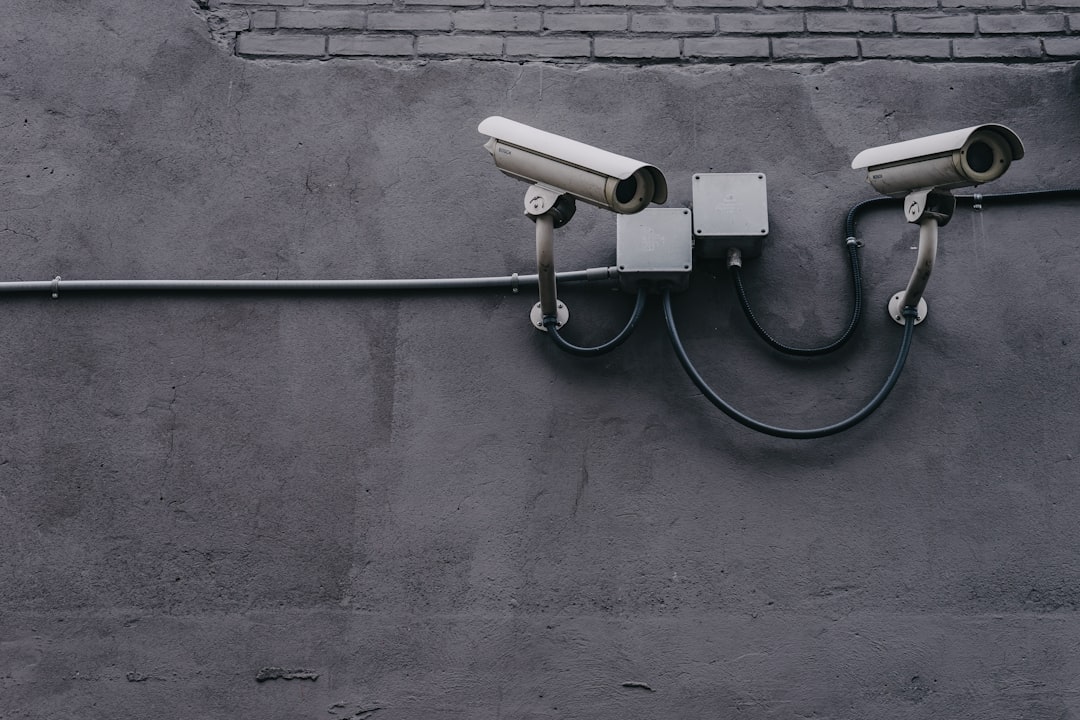In today’s digital world, protecting your privacy and ensuring secure access to the internet is more important than ever. Many individuals and businesses rely on a Virtual Private Network (VPN) to shield their data and maintain anonymity online. However, there are scenarios where combining a VPN with a residential proxy can provide even greater benefits. Understanding the role of these tools can help users make informed decisions about safeguarding their digital lives.
Why You Need a VPN
A VPN encrypts your internet connection and routes it through a server in a location of your choice. This offers several key advantages:
- Privacy Protection: A VPN masks your real IP address, preventing websites, advertisers, and even your Internet Service Provider (ISP) from tracking your online activities.
- Data Security: By encrypting your data, a VPN protects you from possible interception by hackers, particularly when using public Wi-Fi networks.
- Access to Restricted Content: Geo-blocked websites, videos, and services become accessible when you appear to be browsing from a different location.
These features make VPNs indispensable for anyone concerned about staying secure and anonymous online. Whether you’re working remotely, traveling, or simply browsing from home, a good VPN can be a major safeguard.

When a Residential Proxy Might Be Better
While VPNs offer broad protection, there are cases where a residential proxy might be more suitable:
- Web Scraping and Data Collection: Many websites can detect and block traffic coming from VPN servers. Residential proxies, which use IP addresses provided by real residential internet services, appear like normal users and are less likely to be flagged or blocked.
- Bypassing Strict Firewalls: Some websites have advanced detection systems that identify and block VPN traffic. A residential proxy can blend in more naturally, helping users bypass restrictions more effectively.
- Managing Multiple Accounts: Platforms like social media sites may restrict multiple accounts from the same IP. Residential proxies can provide different IP addresses that appear to come from various locations, reducing the risk of bans.
In short, while VPNs focus on security and encryption, residential proxies provide stealth and the ability to operate like a regular user on websites that might otherwise block or throttle the connection.

Using a VPN and Residential Proxy Together
For individuals or businesses seeking the ultimate in anonymity, security, and content accessibility, combining a VPN and a residential proxy can be a game-changer. Here’s why:
- Double Protection: A VPN encrypts your traffic, while a residential proxy masks it with a real residential IP, making it even harder for any observer to trace your activities back to you.
- Improved Access: Some services that might detect and block VPNs won’t notice the residential proxy’s IP, making it far easier to navigate across restricted platforms unnoticed.
- Flexibility: Depending on the need, users can switch between the VPN and proxy services, or use them simultaneously for improved efficiency.
However, it’s important to manage the setup carefully to avoid conflicts between the proxy and VPN that could cause connection issues or performance slowdowns. Many modern tools allow for custom configuration, ensuring a seamless experience.

Conclusion
For most users, a VPN will be enough to stay private, secure, and unrestricted online. But for specialized purposes like web scraping, accessing sensitive sites, or managing multiple online identities, a residential proxy can offer major advantages. Sometimes, the best approach might be to use both tools in tandem for maximum protection and flexibility. Knowing when and how to use these technologies can significantly enhance your online security and internet freedom.
FAQ
What is the difference between a VPN and a residential proxy?
A VPN encrypts your entire internet connection and hides your IP through its servers, while a residential proxy routes your traffic through real residential IP addresses, making your traffic appear as that of an ordinary home user.
Can I use a VPN and residential proxy at the same time?
Yes, using a VPN and a residential proxy together can enhance your security and stealth online but requires careful configuration to ensure compatibility and avoid connection issues.
Is a residential proxy more secure than a VPN?
No, a residential proxy by itself does not encrypt your traffic, meaning it offers less security than a VPN. They serve different purposes: VPNs focus on security, while residential proxies focus on anonymity and avoiding detection.
Do I need a residential proxy if I already have a VPN?
It depends on your needs. If you need additional stealth for activities like scraping data, managing multiple accounts, or bypassing sophisticated firewalls, then a residential proxy would be beneficial even with a VPN.

